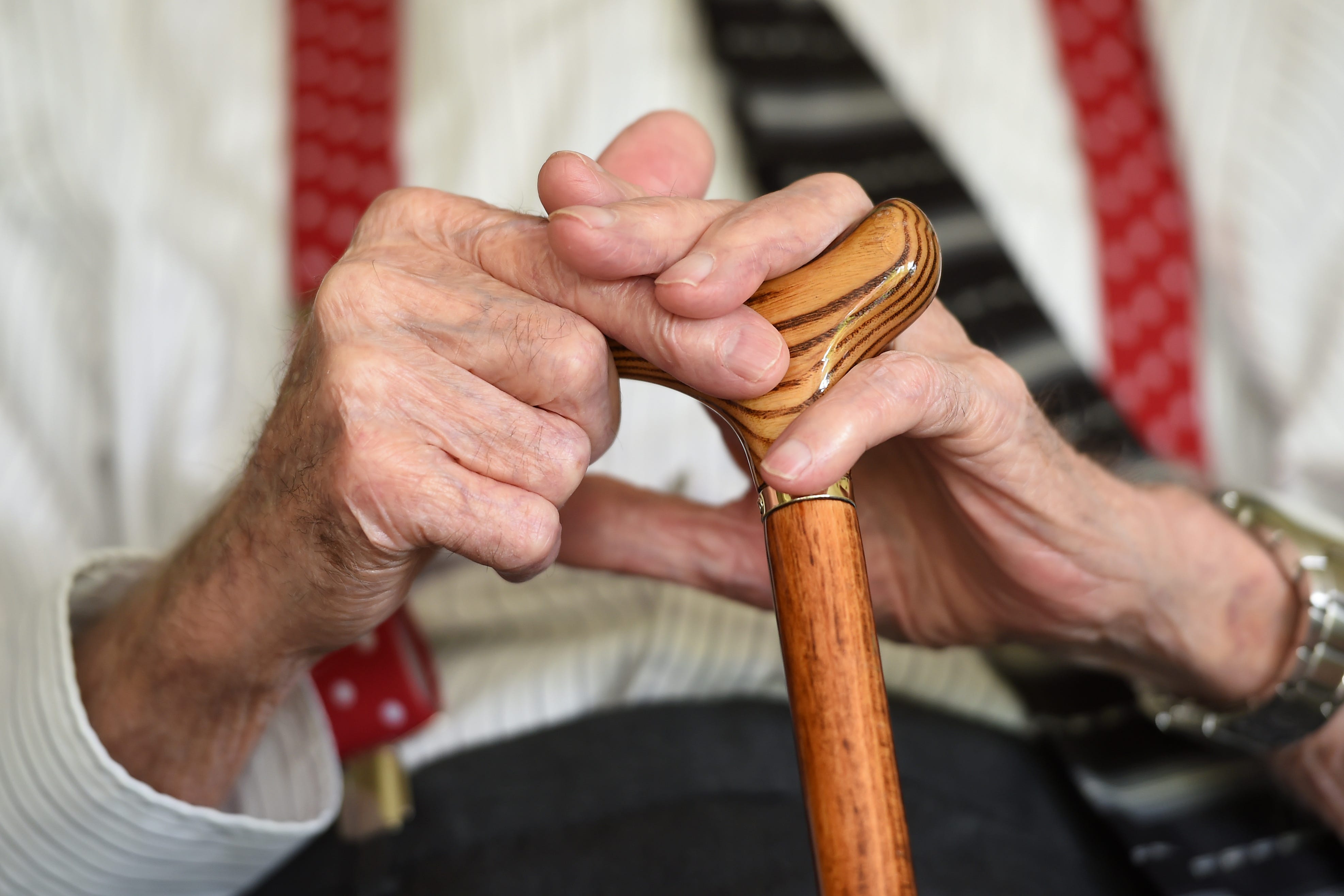Palliative care services in England are “failing to meet people’s needs”, a new parliamentary report has warned.
Commissioned by MPs on the House of Commons Health and Social Care Committee, the findings attribute these shortcomings primarily to “insufficient funds” for services providing end-of-life and life-limiting condition care.
The report highlighted that bereavement support for loved ones, while “valuable”, is “frequently inaccessible”.
It also noted that palliative care patients and their families are “too rarely given the opportunity to plan effectively for the future”.
Painting a picture of services under “significant strain”, the document cautions that health and care provisions are “ill-equipped” to address end-of-life needs, citing “insufficient” education and training.
Meanwhile, the authors told MPs that the specialist palliative care workforce was in a “critical situation”, while children’s palliative care services were facing “serious workforce shortages”.

They said that different local health bodies had “variable” priorities, which had created a “postcode lottery in the provision of PEoLC (palliative and end-of-life care services)”.
The authors said these local health bodies were “not equipped” to understand the palliative care needs for people in their regions.
And they faced competing financial pressures which led to not enough money being given to palliative care, the authors added.
The report said there was good care in some parts of the country, but added: “However, it was also clear that the provision of services is patchy and sometimes fails to meet people’s needs.
“PEoLC services across all settings face challenges and there are gaps between the ambition to deliver services and actual service delivery.”
The authors said that while many people nearing the end of their lives wished to die at home, this only happened for just over a quarter of people.
MPs said they would call care minister Stephen Kinnock to give evidence about the areas of concern in the new year.
Commenting on the report, James Sanderson, the chief executive of the palliative care and bereavement charity Sue Ryder, said: “This report comes on the heels of the Government’s announcement of 250 Neighbourhood Health Centres across England being operational by 2030, it is vital that palliative and end-of-life care providers, like Sue Ryder, are involved in the planning, set-up and delivery of care in these new settings.

“Charities like us will be able to reach more people who need care and bereavement support if we are made an essential partner in Neighbourhood Health Centres, and not a ‘nice-to-have’ service.
“Our charity already provides 80 per cent of our care in the community, which is where most people want to spend their final days.
“By working in partnership with the sector, the Government can expand this and ensure that no one faces death or grief alone.”
A Department of Health and Social Care spokesperson said: “We thank the committee for this report – we remain committed to transforming palliative and end of life care through our 10-Year Health Plan.
“This week, we announced how we will work with the sector on a comprehensive plan to make sure this care is both easier to access and consistently high quality, ending the postcode lottery so every patient gets the care they need.
“We have provided the biggest investment in hospices in a generation – £100 million – to improve hospice facilities and committed to £80 million for children’s and young people’s hospices over three years.”




